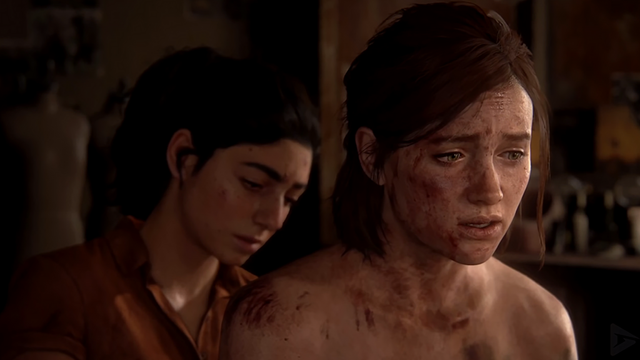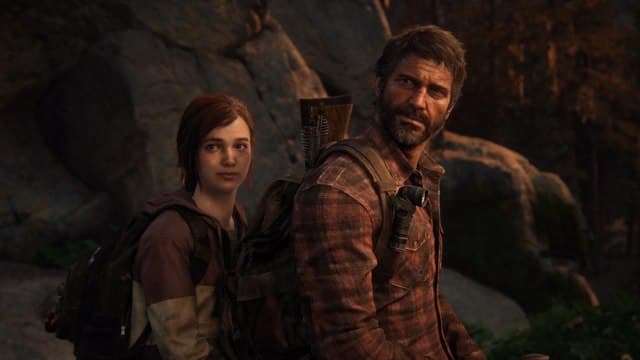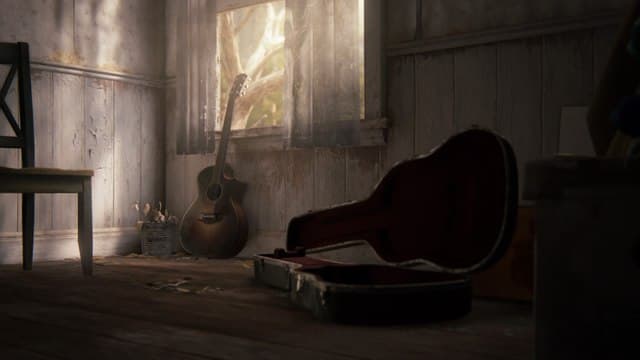Because of the nature of the internet, it can become very easy to feel like individuals speak for entire groups of people. It was something I was uncomfortable with early on when I started working on the internet. Especially in queer spaces where works, whether they be video games, movies, television, or books, were being deemed “problematic” or “destructive” because of how they portrayed queer characters or approached the struggles of self-discovery in ways that people labeled as damaging.
The Last of Us: Part II has been out for five days as of my writing this, and it’s already become an exhausting game to keep track of, for multiple reasons. Even before the game launched, there was earned wariness around the game from queer spaces for its poor marketing that painted it as a “bury your gays” revenge story, which wasn’t the case, but it didn’t stop people from wanting to suss out how they felt about the game at arm’s length.
Spoilers ahead:
Now that the game is out and people are playing it or watching it online, there’s been a lot of discussion about how The Last of Us: Part II portrays its queer characters, including the relationship between Ellie and Dina, and Lev, a trans character fleeing the religious cult that attempted to designate his role in the community as a wife to one of the elders.

In the case of Lev in particular, there’s been criticism of members of the cult he’s attempting to leave deadnaming him (referring to him by his old name), and that much of his role in the game is suffering. Conversely, some folks like Stacey Henley over at VG24/7 said she really resonated with Lev’s story, his relationship with the religion that was being weaponized against him, while also acknowledging that the dark turns things like his relationship with his mother take might not sit well with everyone, realistic or not. Kotaku’s Riley MacLeod also wrote an extensive tweet thread on Lev, saying he didn’t view Lev’s suffering as “targeted,” but also said he didn’t feel that would’ve changed his view on it one way or another.
“I don’t think stories have to be redeeming or positive, even/especially queer ones,” he said. “A story can be 30 hours of everyone being awful. But the game didn’t tell me anything new or even interesting about suffering, especially, but not uniquely, as a queer and trans person.”

In contrast, Ellie and Dina’s relationship is fairly stable. Things aren’t perfect between the two, but it’s about as healthy as it can be given the circumstances. For most of the game, at least, as it eventually ends with Ellie deciding her quest for revenge has to take priority over her life with Dina, leaving her and their son JJ at their farm house. Some people, including Fanbyte’s own Natalie Flores on our spoilercast for the game (which you should check out because it’s a great show, in my unbiased opinion), have been vocal about how much the love story between these two meant to them and helped elevate their appreciation for the game. While I’ve also seen others upset that it features a moment of homophobia (a flashback shows a bigoted member of their Jackson community calling Dina a “loudmouth dyke”), and that, in the end, the two’s relationship falls apart because Ellie is incapable of letting go.
You may also like:
- Attaching Real World Guilt to The Last of Us: Part II’s Violence is Bullshit
- The Woman Playing a Vita in The Last of Us: Part II: A Review
- Lord Help Me, I’m Thinking About Buying a $2000 Last of Us Guitar
Ultimately, as quick as some people can be to brand media as “damaging” or “a breakthrough moment for representation,” the truth of the matter is that the queer experience is not as easily compartmentalized and universal as we might hope. Queer spaces are not a monolith, and no one can decide you aren’t queer enough because you don’t feel the same way they do. As a gay man, I wasn’t specifically represented in The Last of Us: Part II, but parts of Ellie, Dina, and Lev’s stories overlapped with mine in ways that rang true to me. Even having been out for over a decade of my life, dealing with communities of small-minded bigots is something I still deal with today. There’s a catharsis in watching people escape this torment for me, but others who have left it behind and find it distressing to watch will have very different reactions to these kinds of scenes.

In an age where people want a consensus, or a definitive yes or no answer as to whether or not something is a positive step forward in representation, The Last of Us: Part II is a prime example of how that ideal just isn’t possible. There are so many factors, including people having the privilege to exist as visibly queer, tolerance for violence and bigotry, or just where in our personal journeys we are at the moment, that determine where a piece of queer media is going to sit with us. Too frequently we’re ready to file something away as one thing and condemn people for not having that same reaction to something we did. But it’s not that simple, and as long as queer people remain a beautifully diverse group with different lived experiences, it’s never going to be that simple.


